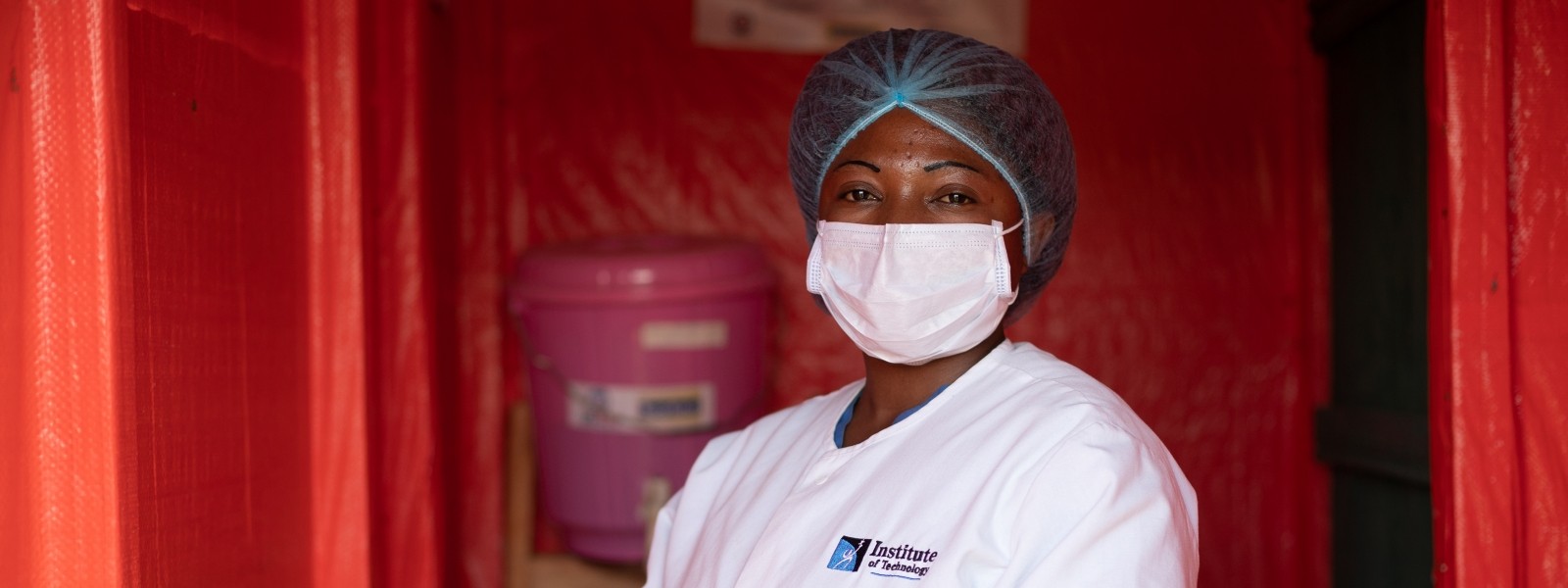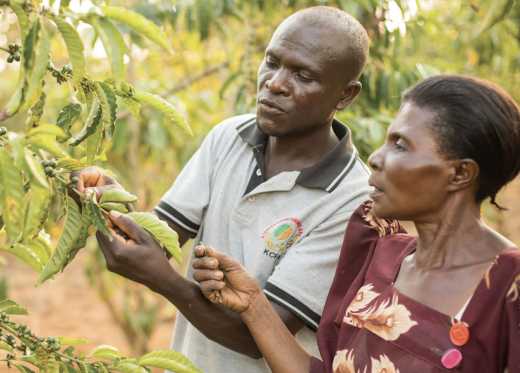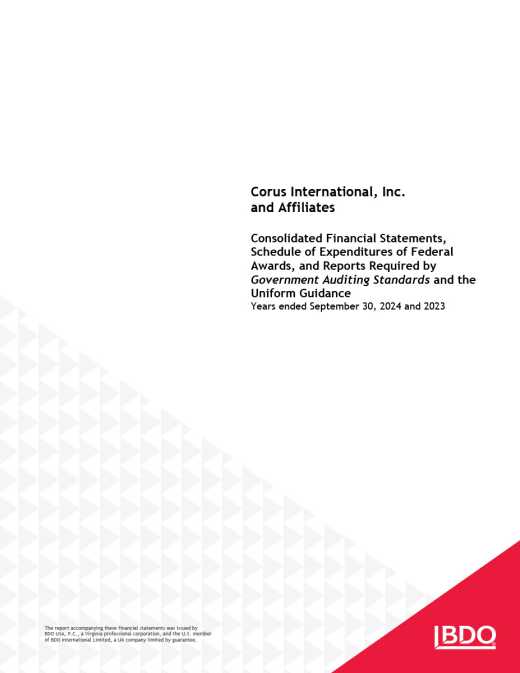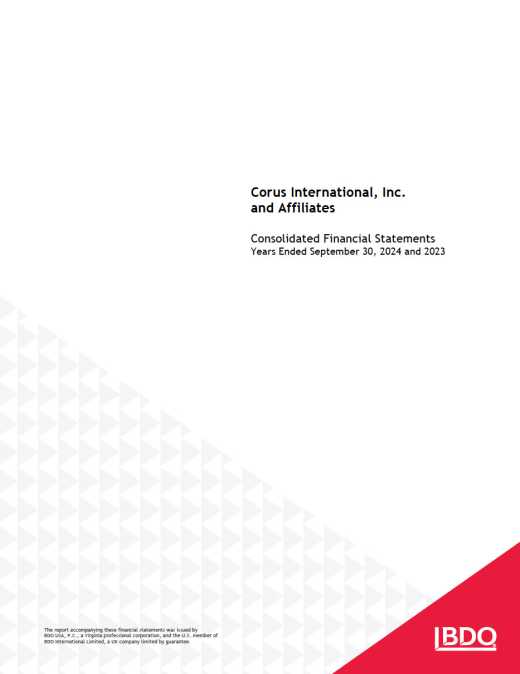IMPROVING HEALTH THROUGH STRONGER SYSTEMS
BACKGROUND
A strong, resilient health system is the key to achieving sustainable improvements in health and health care in any country. A health system is made up of many layers of institutions and individuals that, together, contribute to the availability, quality and affordability of preventative, curative and palliative health services.
Since 2006, IMA World Health has built and supported integrated, holistic and sustainable health systems that increase access to quality health care in fragile countries. IMA supports health systems at the national, subnational (i.e. district) and community levels, providing tailored assistance and capacity strengthening that boosts engagement, capability and investment at all levels of a country’s health system.
Our approach encompasses the building blocks of health systems strengthening (HSS):
1. Improved health service delivery
We address the human, financial, social and physical capital needs of a health system to improve its service delivery and universal access at scale with an emphasis on women and youth.
2. Health workforce development
We strengthen the capacities of a country’s health workforce through trainings, mentoring, and the provision of equipment and other resources.
3. Information systems
We help governments and health facilities utilize human resources and reporting software, like DHIS2, to manage their health workforce more effectively as well as make data-driven decisions to improve their health service delivery.
4. Access to essential medicines
We strengthen national medicine distribution systems, establishing a pull system that gives each health facility a line of credit to purchase low cost, high quality medicine based on their patient intake. The funds from the sales of medicine replenish the credit line and go towards building a facility’s financial reserves for future medicine procurement. This pull system also reduces medicine stock outs, ensuring availability to those who need the medicine.
5. Health system financing
We work at all three levels in a health system – government, providers, and recipients – to ensure people have access to essential services and are protected from financial hardship. We do this by creating efficiencies in use of resources, promoting transparencies and accountabilities from all stakeholders, and ensuring access to essential services while striving towards affordable and accessible health coverage for all.
6. Leadership and governance
We support health facility leadership in strengthening their management capacities and utilizing the information systems they need to be effective. In addition to leadership training programs, we promote the use of community scorecards to help leadership understand the experiences of both health providers and users in their facilities, monitor whether their facility’s services are improving, and engage the community and health providers in joint decision-making and planning.
PROJECT HIGHLIGHTS
In the Democratic Republic of Congo, IMA World Health supported the DRC’s National Health Development Plan by providing a full range of health systems strengthening planning, training and mentoring support across the six HSS pillars. With funding from the UK’s Foreign, Commonwealth and Development Office (formerly DFID), the ASSP project improved access to and coverage of primary health care services for 9.7 million people living within 52 health zones in five of the country’s 11 provinces, prioritizing interventions such as the treatment of malaria, pneumonia and diarrhea; nutrition; obstetric and neonatal care; immunization; and water, hygiene and sanitation interventions. Additionally, more than 500 health professionals were trained in DHIS2 across these health zones and more than 90% of ASSP-supported health facilities are now submitting regular, accurate and transparent DHIS2 data, which is improving data-driven decision-making at the local and national levels. On average, ASSP exceeded program targets by six percent despite ongoing conflict affecting the project’s implementation area. Learn more about ASSP.
Through the five-year, US government-funded Afya Jijini project, IMA World Health led a consortium of local partners that successfully strengthened Nairobi City County’s institutional and management capacity to deliver and improve access to and uptake of quality health care services in HIV; maternal and newborn child health (MNCH); water, sanitation and hygiene (WASH); and nutrition services, including for key populations (KPs). IMA strengthened institutional capacity by working closely with the Nairobi City County Health Management Teams (CHMT) and Sub-county Health Management Teams (SCHMTs) to support 247 health facilities across 10 sub-counties. Key interventions included annual work planning and budget development; health facility leadership capacity development; health products and technology oversight and facility-focused quality improvement initiatives. The project also worked with highly-engaged community-level organizations to reach KPs that are vulnerable to HIV infection. These community groups educate and engage a wide range of community members to reduce stigma, promote safety and prevent mother-to-child transmission.
IMA World Health leads the five-year, US government-funded MOMENTUM Integrated Health Resilience project, which is part of a suite of innovative MOMENTUM awards designed to holistically strengthen quality maternal, newborn, and child health (MNCH) in partner countries around the world. Working alongside local organizations, governments, and humanitarian and development partners in fragile settings, MOMENTUM Integrated Health Resilience helps accelerate reductions in maternal, newborn, and child illness and death by increasing the capacity of partner country institutions and local organizations—including new and underutilized partners—to introduce, deliver, scale up, and sustain the use of evidence-based, quality MNCH care. To improve health resilience in fragile settings, it strengthens health systems to expand coverage and use of quality health services; assists countries in adapting evidence-based policies, guidelines, and practices at national and subnational levels; supports and strengthens local efforts to collect and analyze data and ensure evidence informs interventions; increases public-private partnerships and expands partnerships between health and non-health organizations, educational institutions, and corporate and philanthropic organizations to diffuse learning, leverage resources, and scale efforts to achieve better outcomes.
In South Sudan, under the World Bank Rapid Results for Health Project (RRHP), IMA World Health improved the delivery of high impact primary health care (PHC) services at 284 PHC facilities. IMA focused on improving access and quality of services, including immunizations, antenatal care (ANC), maternal and child health, malaria prevention and treatment, and HIV/AIDS screening and prevention. Through RRHP, IMA ensured that malaria diagnostics and treatment reached some of the most rural health facilities across the 24 targeted counties. By using innovative performance-based contracting, IMA incentivized the government to ensure RDTs and ACT were available at all health facilities, and that they were used appropriately to diagnose and treat malaria. Project successes included: the development of a quarterly checklist to monitor delivery of and quality of health services (including malaria); distribution of more than 2.9 million insecticide-treated mosquito nets (LLINs) through mass and routine distribution channels; provision of preventive treatment for malaria in pregnancy (MIP); and case management of malaria cases at all PHC facilities. In addition, IMA supported the roll-out of DHIS2, which included malaria indicators.
The Public Sector Systems Strengthening Plus (PS3+) project strengthens Regional and Local Government Authority (LGA) systems across sectors in Tanzania to promote the delivery of quality essential services, equity and responsiveness, transparency and accountability and facility autonomy to raise and allocate resources. IMA's role as a sub to Abt Associates on this US government-funded contract is to support citizen engagement and community mobilization activities, particularly as they relate to nutrition and agriculture.






